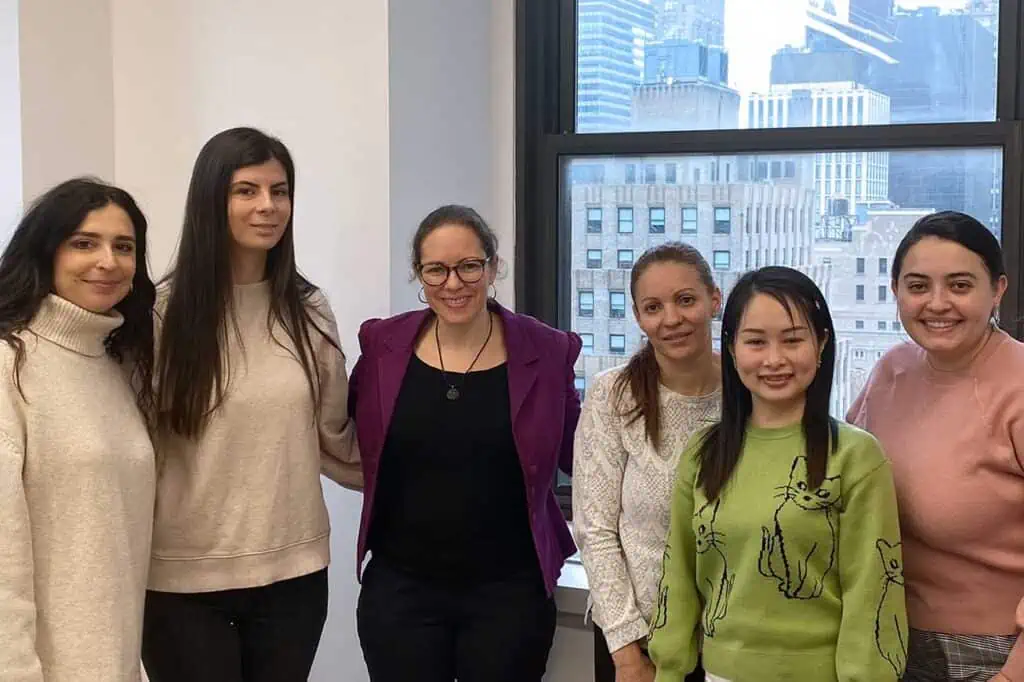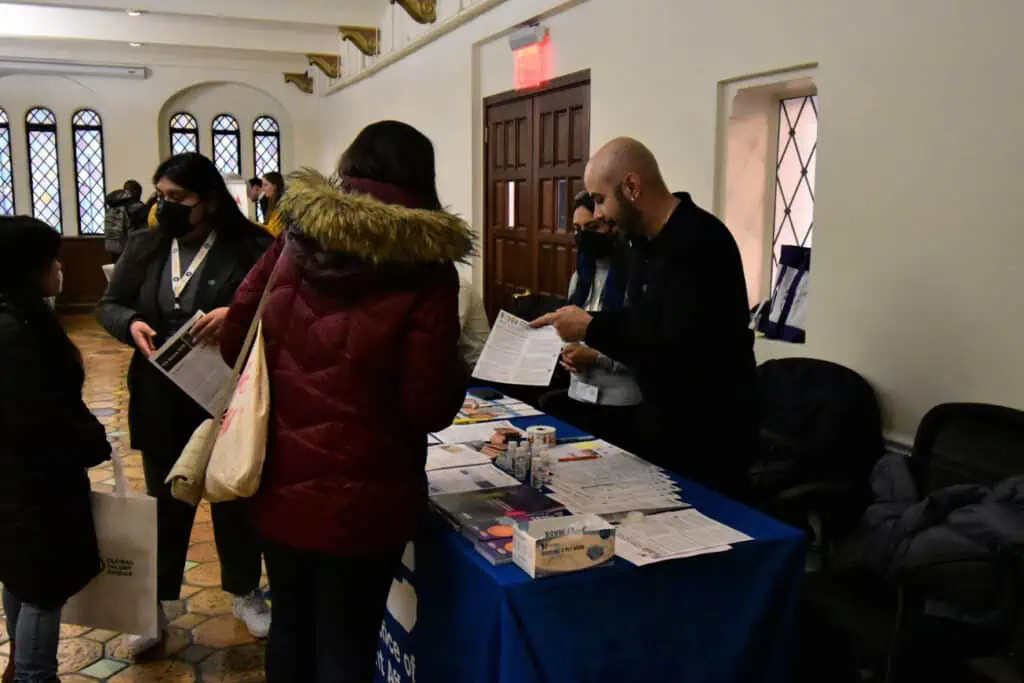Across the United States, workforce shortages are deepening. Essential sectors like health care and education have been particularly hard-hit, with critical staffing gaps affecting hospitals, nursing homes, schools, and other key institutions across the country. At the same time, more than two million immigrants and refugees who have at least a bachelor’s degree are unemployed or underemployed in the U.S.; 60 percent of these individuals earned their degrees in other countries.
State governments are well-positioned to address both of these challenges at once. Internationally trained immigrants are an existing but underutilized resource; by offering career support to facilitate their full inclusion in the U.S. workforce, states can help ease labor shortages by tapping into a demographic eager to get back to work. State agencies in Minnesota and New York have already done just that, creating investment models that offer promising blueprints to other localities.
Minnesota Invests in Internationally Trained Health Workers
In Minnesota, the Department of Employment and Economic Development (DEED) has sought to address acute staffing challenges in health care, Minnesota’s largest industry.
At the end of 2021, 52,000 job vacancies in health care and social assistance accounted for one in four open positions across the state. With an estimated 2,000 people living in Minnesota who hold health care credentials from other countries but whose skills are not fully utilized in the U.S., DEED saw an opportunity to bolster Minnesota’s health care workforce. The result, the Internationally Trained Professionals Competitive Grant Program, was launched in 2022.This program awarded seven organizations with two-year grants of up to $400,000 to help eligible immigrants and refugees obtain occupational licenses in the state. The grant program leverages Minnesota’s existing non-profit, higher education, and workforce development sectors by increasing their capacity to offer more effective, tailored career support to internationally trained health workers.
“Minnesota is home to many immigrants and refugees with the health care-related education, skills, and experience urgently needed in our state, yet systemic barriers—ranging from limited recognition of international credentials to uneven access to language training to inadequate information on health care career pathways—keep them from furthering their health care careers in Minnesota,” said DEED Deputy Commissioner of Workforce Development Marc Majors. “Minnesota needs to bring these new Americans into critically needed health care positions throughout the state.”
DEED Assistant Commissioner for Immigrant and Refugee Affairs Abdiwahab Mohamed added, “DEED is committed to breaking down barriers that prevent immigrants and refugees from fully engaging in the Minnesota economy—and addressing underemployment is a critical part of that work. We’re working to help internationally trained health care workers earn the professional licenses required to do similar work in Minnesota and help meet the urgent need for health care professionals in hospitals, nursing homes, and other settings across the state.”
New York State Boosts Capacity for Immigrant Career Advancement
As an early epicenter of the COVID-19 pandemic, New York State saw an urgent need to address the resulting worker shortages. The state is also home to nearly 956,000 college-educated immigrants and refugees, 21 percent of whom are unemployed or underemployed. Recognizing this demographic as a potential source of relief, the New York State Office for New Americans (ONA) invested an initial $1.1 million to launch a new Professional Pathways Program in 2021 to help internationally trained immigrants achieve full inclusion in the state’s workforce.
The program is designed to assist college-educated immigrants and refugees with career coaching, training, and support with related needs, such as obtaining a credential evaluation. In the pilot year of the program, ONA awarded grants to six organizations providing career services in different areas of the state. These organizations were required to engage with local workforce development boards and employers to leverage existing resources. The program also included funding for a lead agency to provide technical assistance and industry expertise to the statewide network of ONA job coaches. WES partner Upwardly Global, a national leader in immigrant workforce development, served in this capacity.
In an announcement outlining New York Governor Kathy Hochul’s 2022 State of the State plan to strengthen New York’s labor force, the governor’s office recognized ONA and Professional Pathways as providing “successful workforce development programming, which aims to support new Americans across the career path.” By January 2023, the program’s impact was evident: 282 individuals have participated in the program, and 88 of them have already secured commensurate employment, in turn easing workforce shortages in their communities. One ONA job coach explained: “This program pays dividends for both placed professional immigrants and the local business community. Placed immigrants are now seeing their wages increase and businesses have access to a diverse skilled workforce.” What was initially conceived as a limited term program is now poised to keep growing. In 2023 the Professional Pathways Program was expanded, with Long Island added as a seventh service area, and $4.38 million in funding has been allocated for the next three years.
Investment Blueprints for Other States
These investment models from both Minnesota and New York offer blueprints to other states committed to addressing worker shortages and advancing the economic mobility of immigrants and refugees who hold credentials from abroad.
The WES Global Talent Bridge U.S. Program Map also features more than 100 programs across the country that are focused on career preparation, language support, and licensing and credentialing guidance tailored to internationally trained immigrants and refugees. State investment would further enhance the capacity of these promising programs, to the benefit of their communities.





